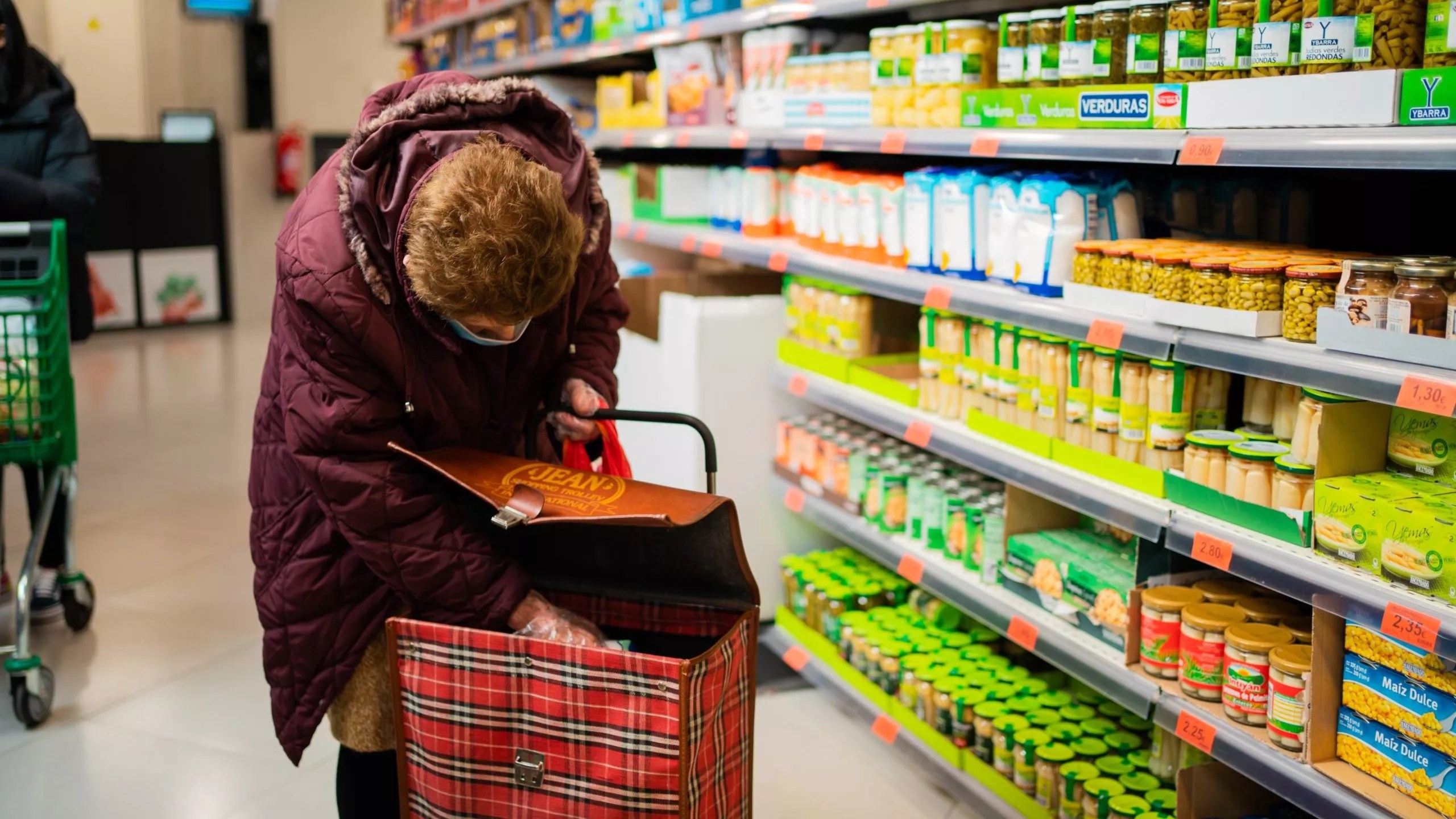US, EU economies slowing amid growing recession risks
As surging food and energy prices weaken demand for other goods and services. the risk of recessions in the US and Europe increases.
-

Higher prices in June have brought down consumer demand (Unsplash)
The risk of recessions is rising on a global scale, with the US and Europe's economies slowing sharply in June amid rising food and energy prices.
According to new figures, the war in Ukraine has impacted growth in Europe and the US, as high inflation spreads. The problem was further exacerbated by supply-chain disruptions.
S&P Global said on Thursday that the US composite purchasing managers index, which measures activity in the manufacturing and services sectors, fell in June from 53.6 (May) to 51.2, reaching its lowest level in five months.
The index fell from 54.8 in May to 51.9 in June in the eurozone, marking a 16-month low. When the index is above 50 points, this signifies economic expansion, while below 50 points mean economic contraction.
The results, which show that US retail sales fell in May, while mortgage prices rose 5.81% last week (scoring the highest rise since 2008), and inflation at a four-decade high, all point to a US economy that will grow at an annual rate of less than 1% in June, and will contract in the third quarter, according to Chris Williamson, chief business economist at S&P Global.
In Europe, readings point to a second-quarter growth rate of 0.2%.
The obstacles faced by the West's economy this year range from renewed Covid-19 lockdowns in China, rising food and energy prices, central banks combating high inflation by increasing borrowing costs, and the decisive factor being the war in Ukraine.
Economists at Barclays envisioned a 2.2% growth for the US economy this year, followed by a 1.1% growth in 2023. As for the eurozone, the economy is expected to enter a recession in the final quarter of 2022, and may expand by just 0.5% in 2023.
US President Biden has been blaming his domestic inflation on Russia at a time when it has been pushing for West-led sanctions on Russian oil, which is sinking the world into further crises.

 2 Min Read
2 Min Read








